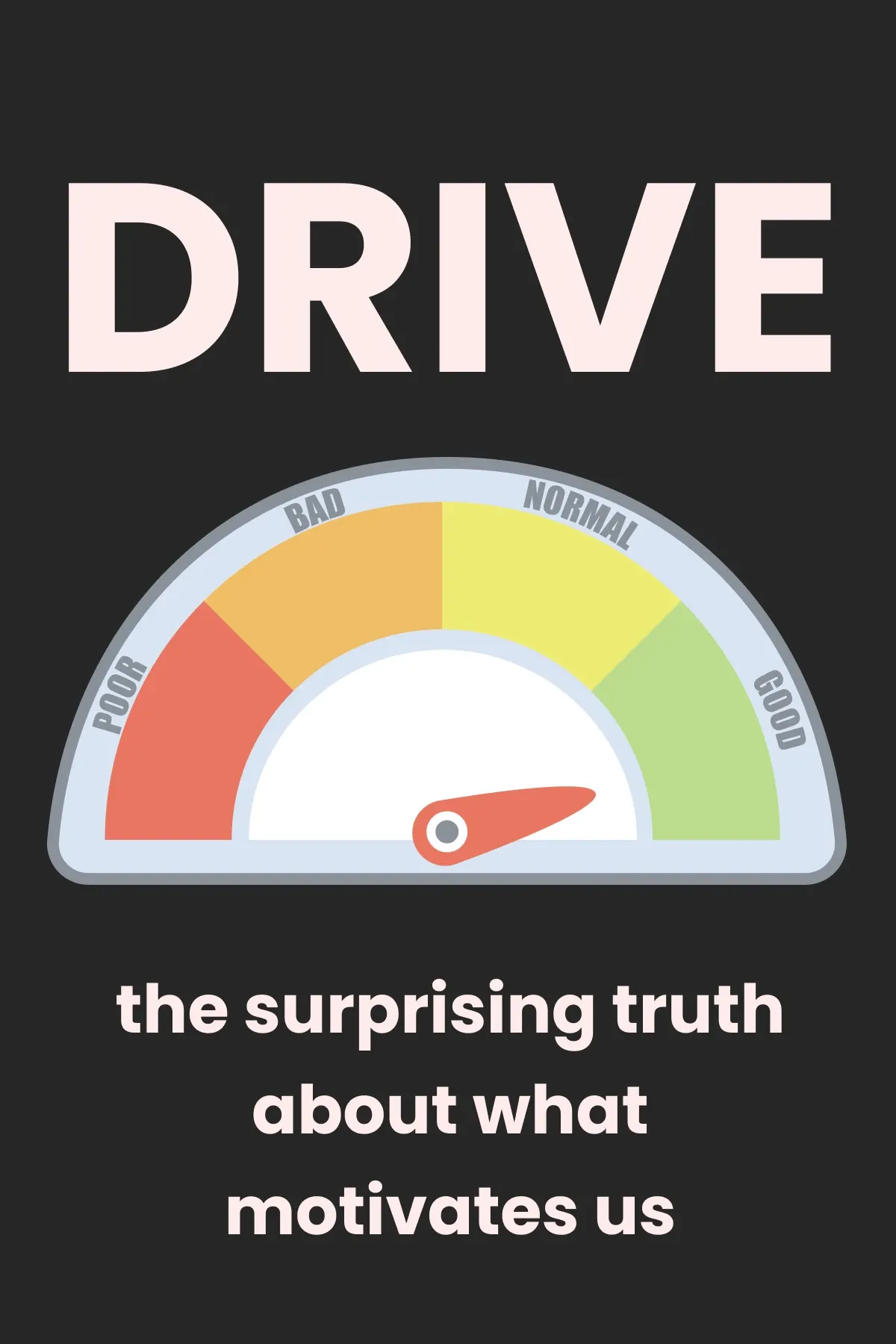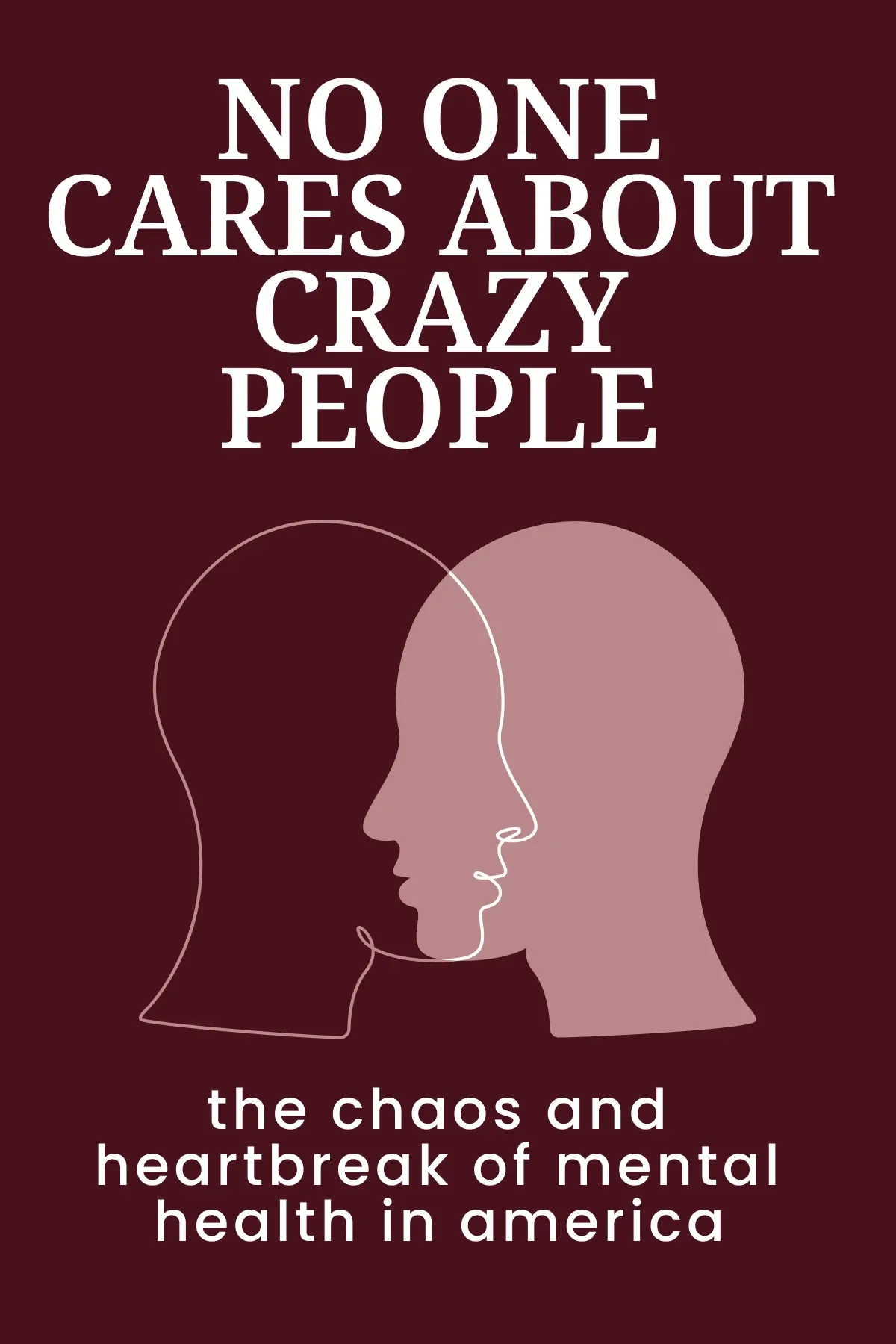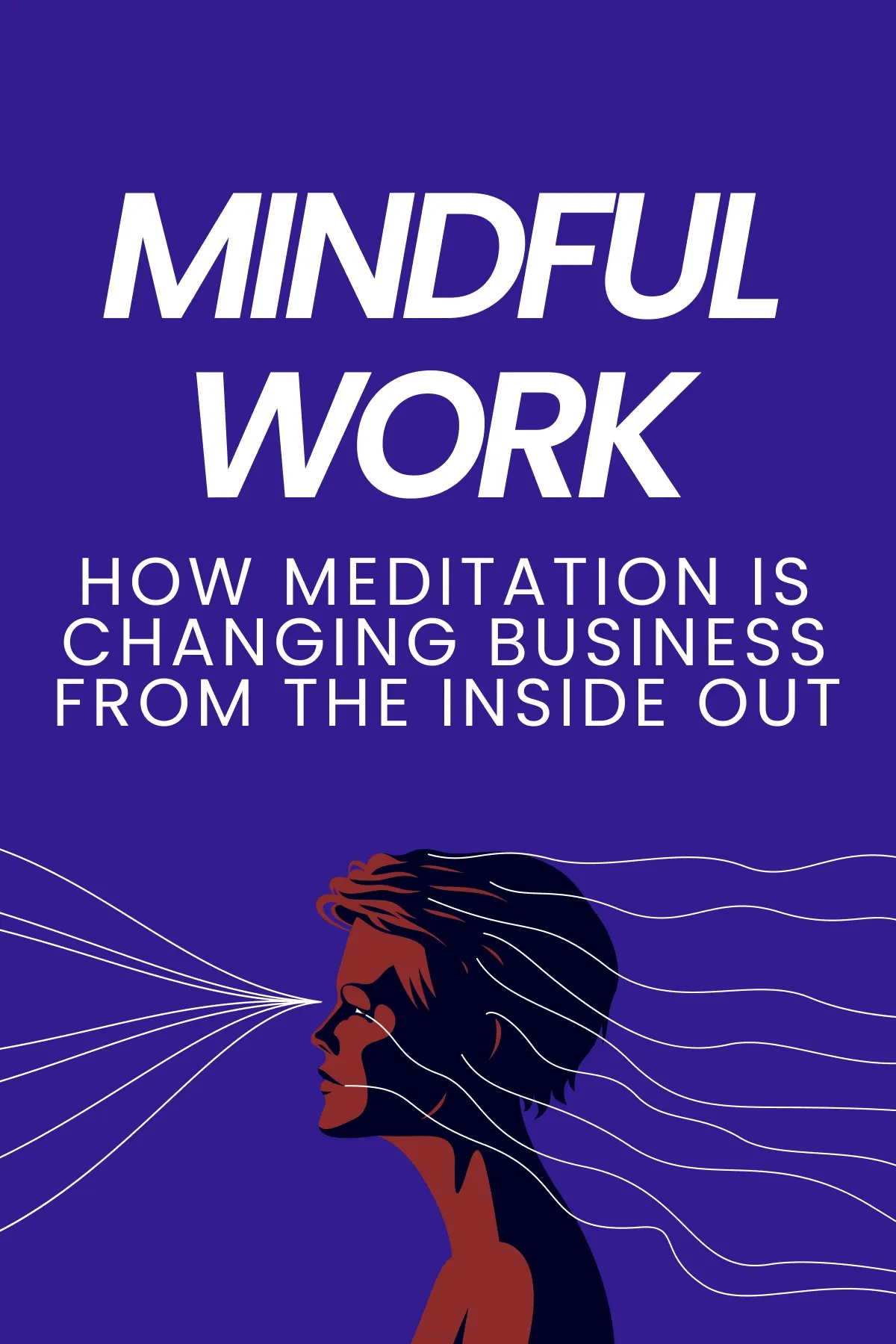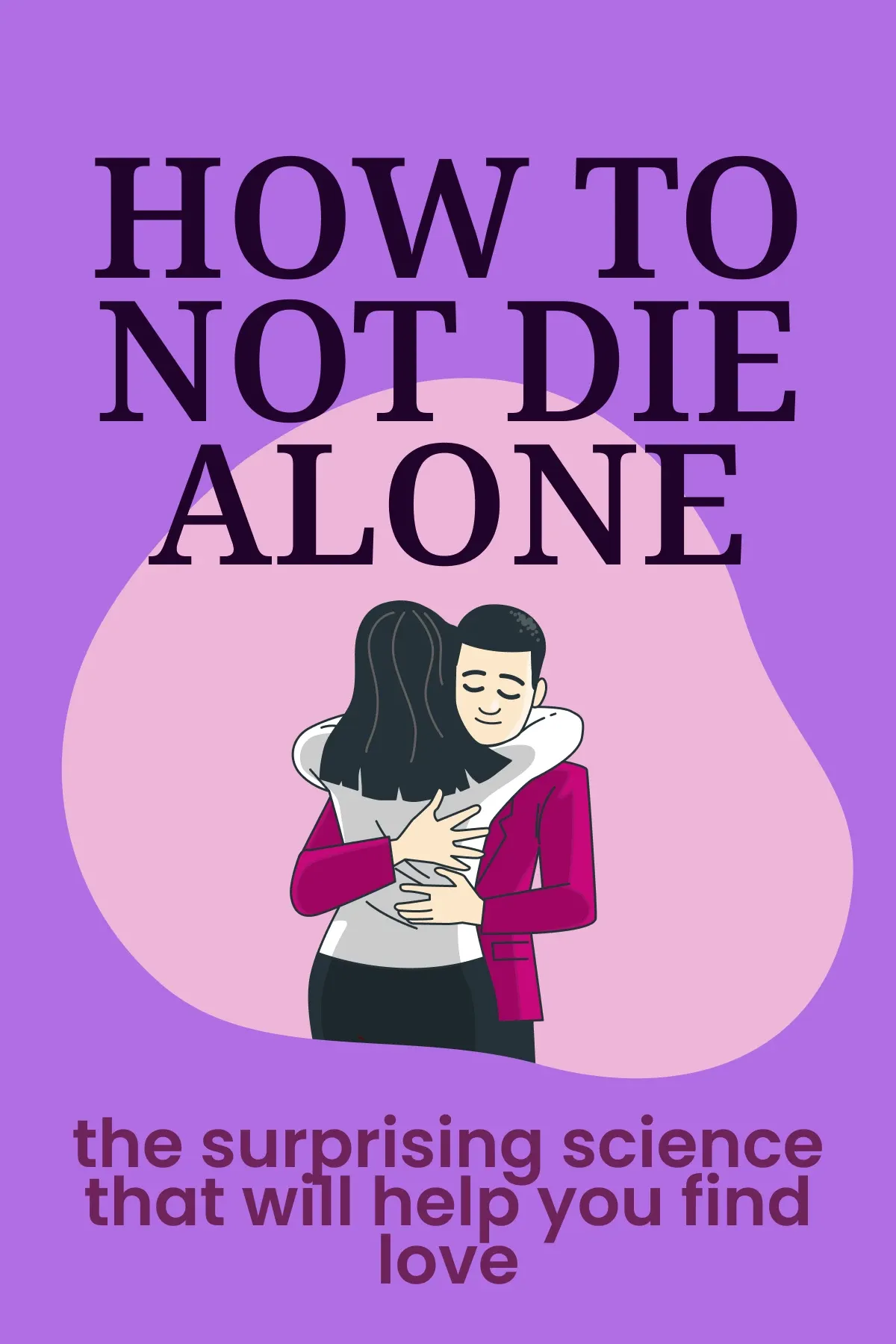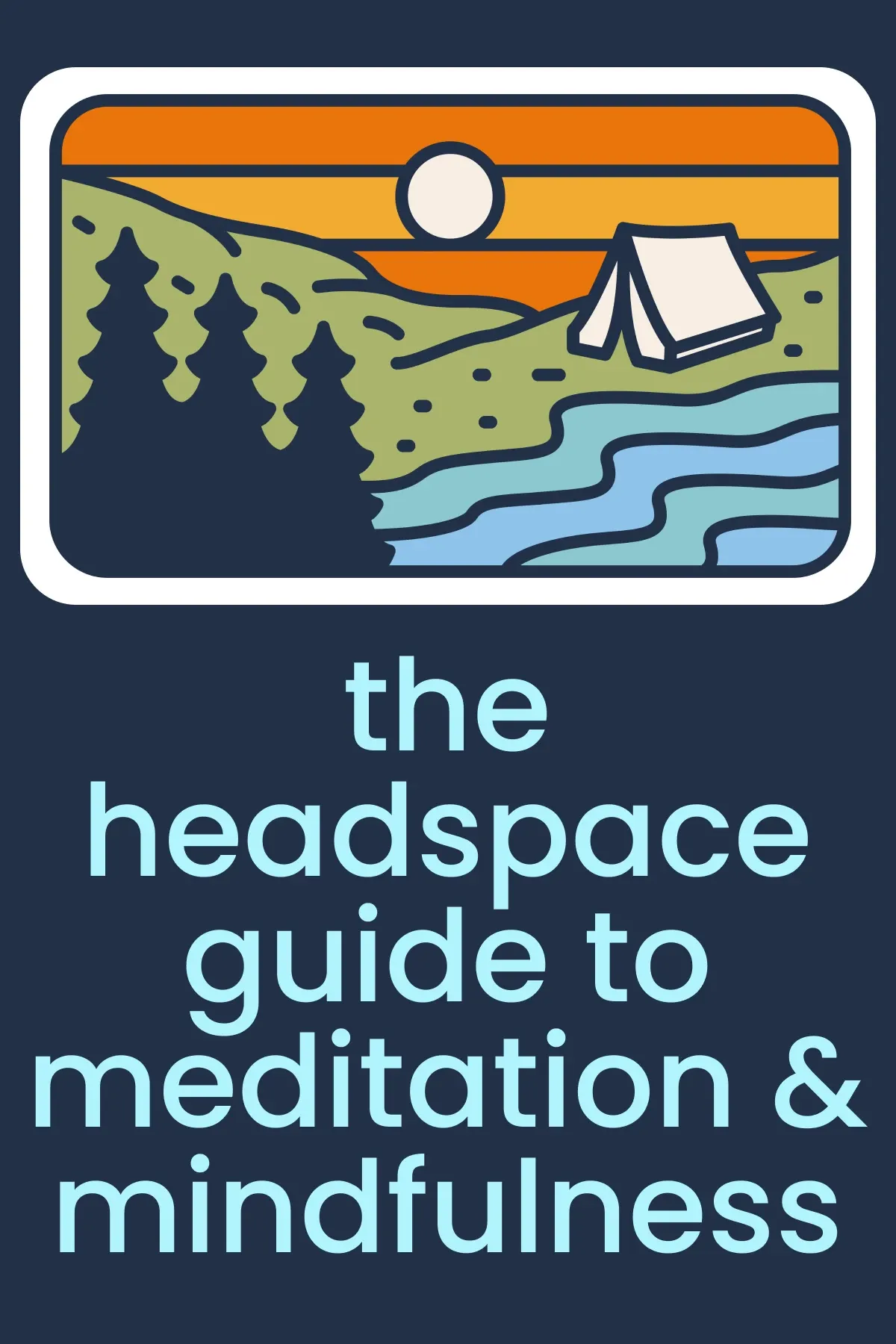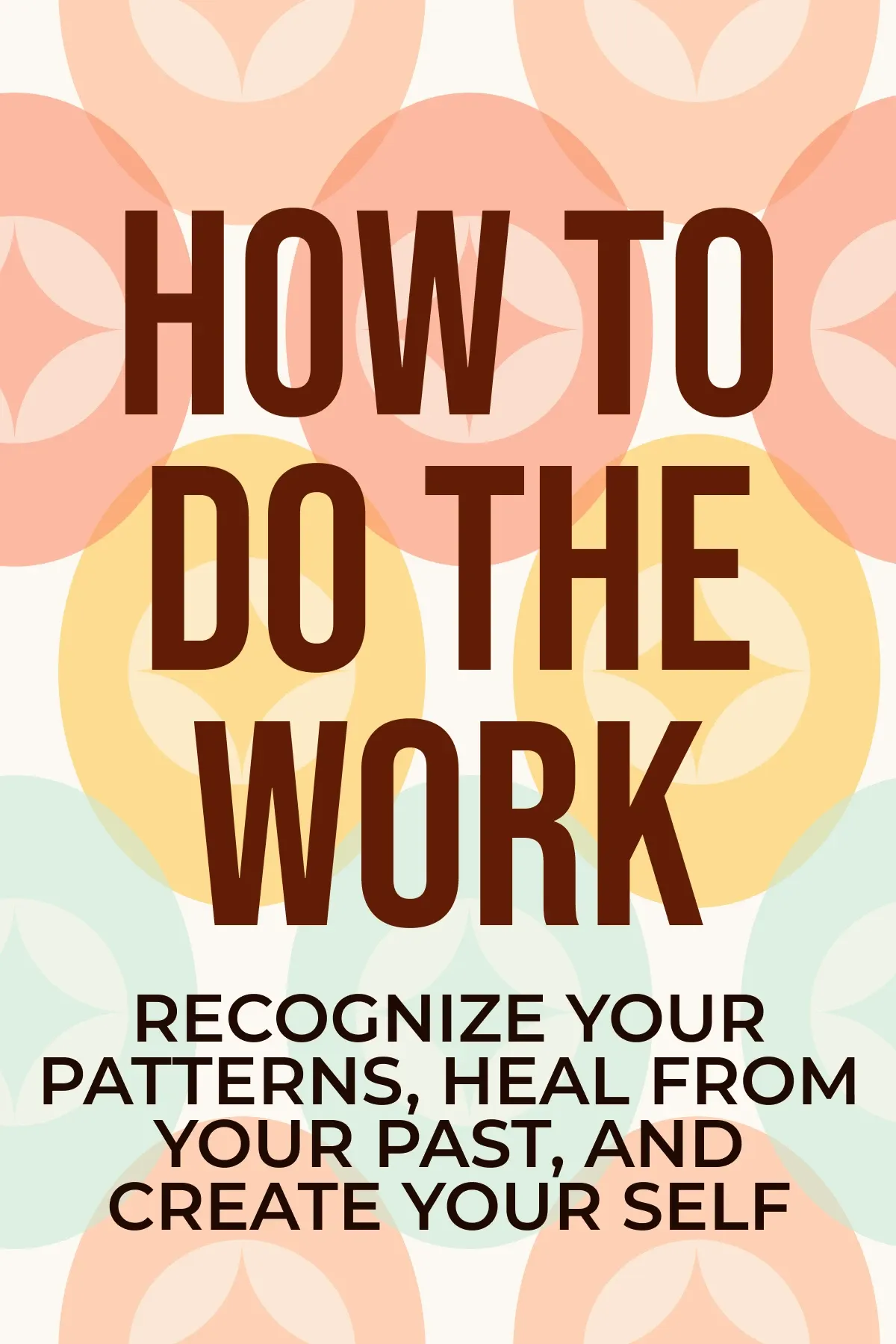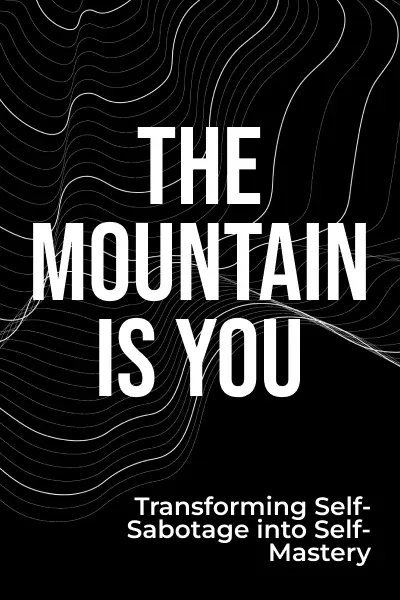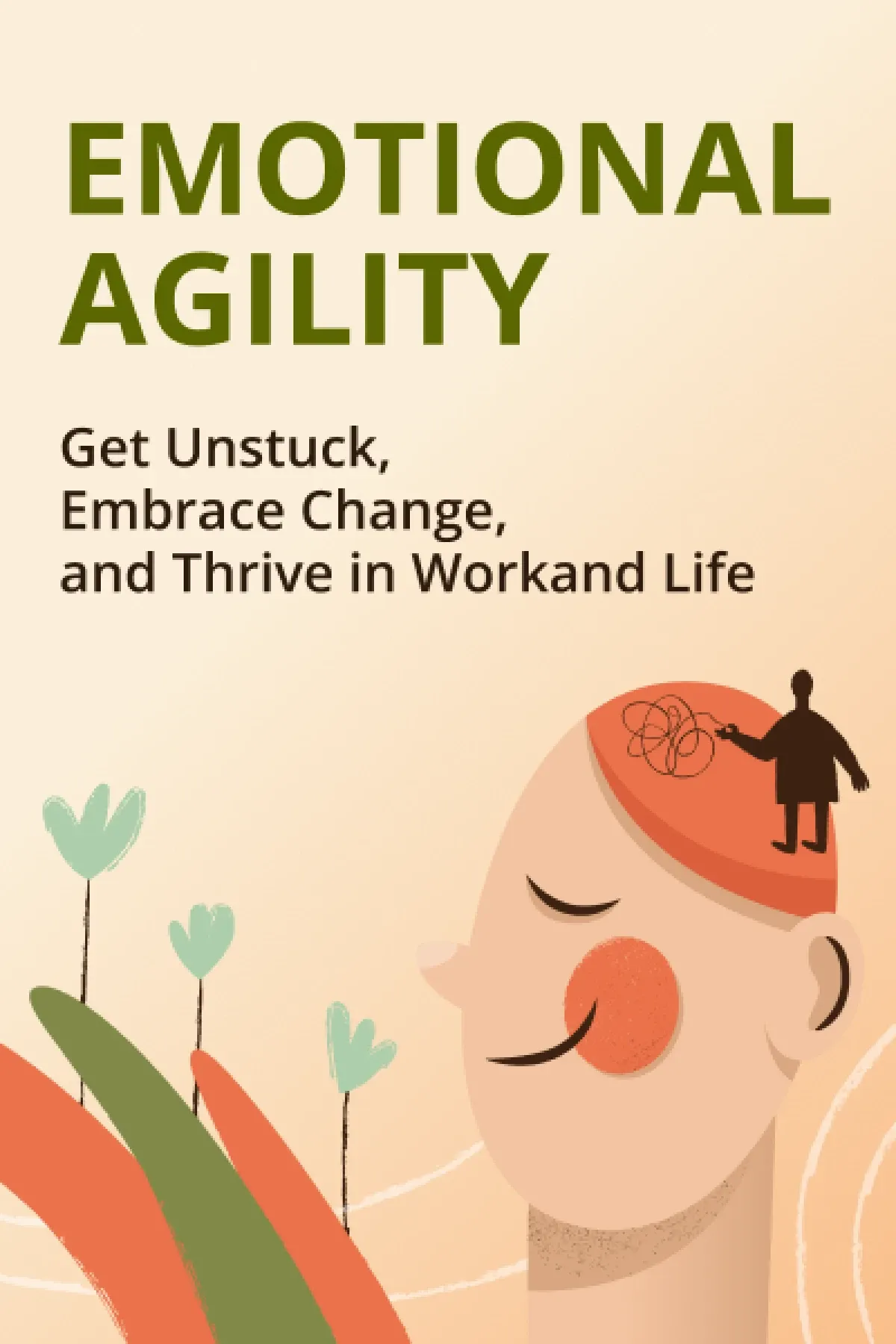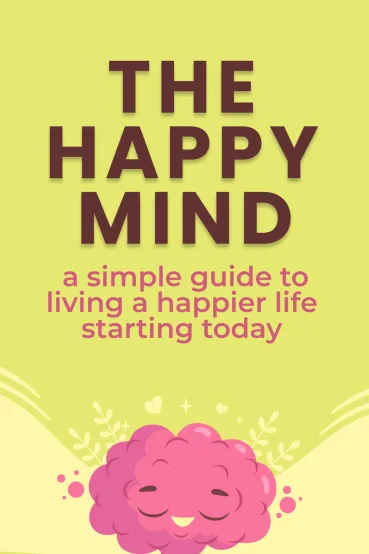
The Happy Mind
Brief Summary
“The Happy Mind” by Kevin Horsley and Louis Fourie gives you detailed advice on how to experience happiness and how to change old habits so that they have a positive effect on your life. You will understand what happiness is and how it manifests itself. The author uses everyday examples to help you engage in a dialog with yourself.
Key points
Key idea 1 of 9
In the earliest days, the primary goal of humans was to survive and pass on their lineage. Their minds were occupied with thoughts of how to procure food, maintain warmth, and who would become the next leader. They didn't ponder why they felt sadness or experienced lowered serotonin levels throughout the week. These so-called "habits" of the past linger with us even today, regulated by the reptilian brain. Its motto is "fight or flight." The principle is to succumb to instincts.
However, upon taking a look around, it's not that difficult to realize that we don't just have one brain. To be more precise, modern humans possess new brain parts that were once nascent and undeveloped. They're called the neocortex. This part governs intellectual abilities and rational decision-making. Nevertheless, it's still susceptible to the instincts of the "old" brain, which is somewhat surprising.
Despite the advantages of the twenty-first century, people still succumb to fears and perceive them as dangers. Consider even the years spent in college or school. The exam period didn't threaten your survival, yet the reptilian brain failed to discern the difference. It perceived the stressful period as a genuine danger.
So, the brain has two parts. The first one is the old part, responsible for instincts and survival. The second is the new part, which is susceptible to logic and reasoning. Since the first is more dominant, it can sometimes overshadow the analyses of situations with its vastness of thought.
For instance, everyone has periods of tests or evaluations at work. Yet aside from some minor tension, it shouldn't induce fear and unhappiness. Unfortunately, human biology still compels us to perceive significant danger in such moments, making us unhappy. However, there's no need for despair! You can learn to transfer control over situations to the analytical part of the brain. This process involves training the rational part to protect the anxious one. As a result, people worry less and feel happier.
FAQ
You may also like these summaries



